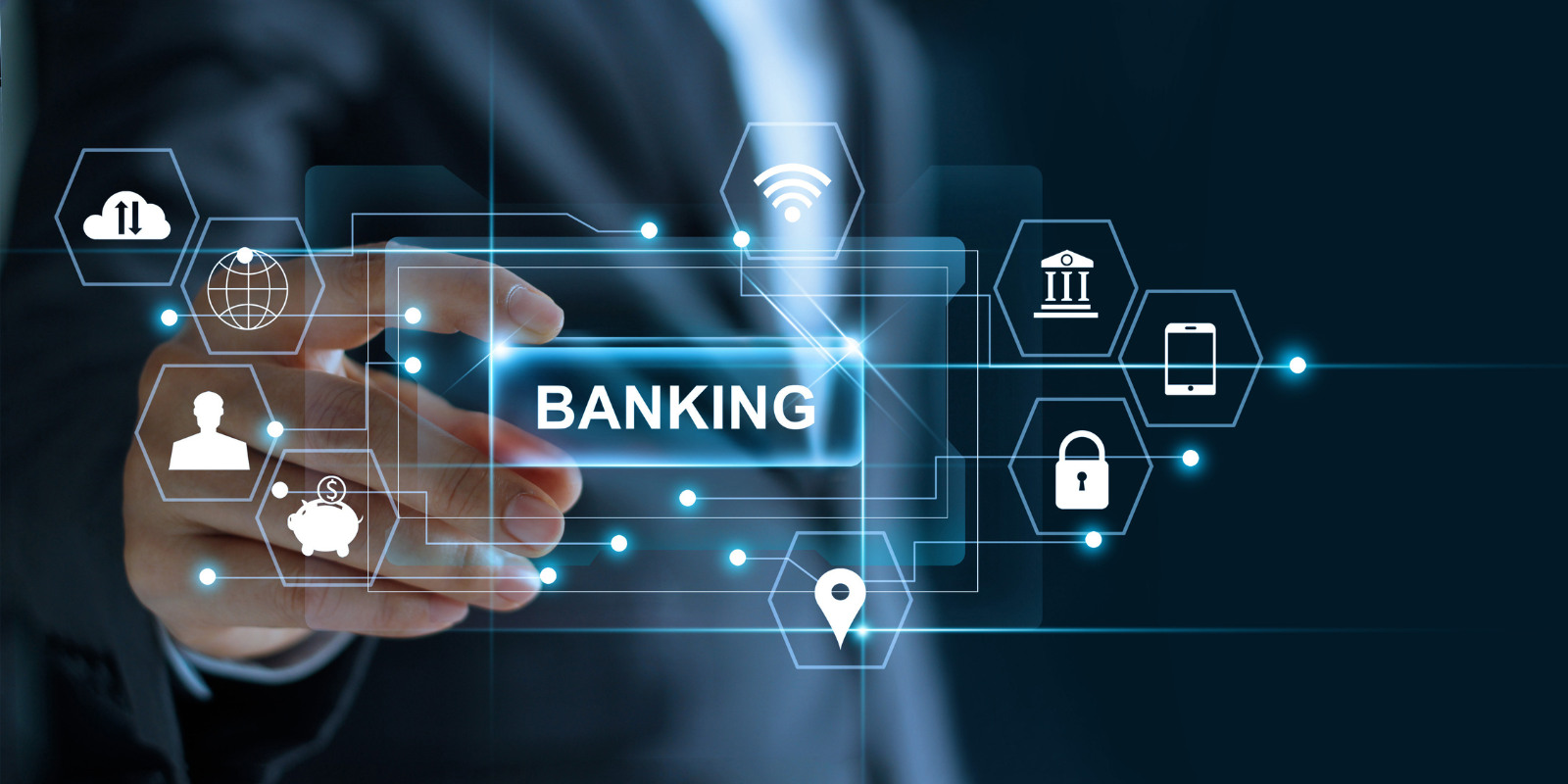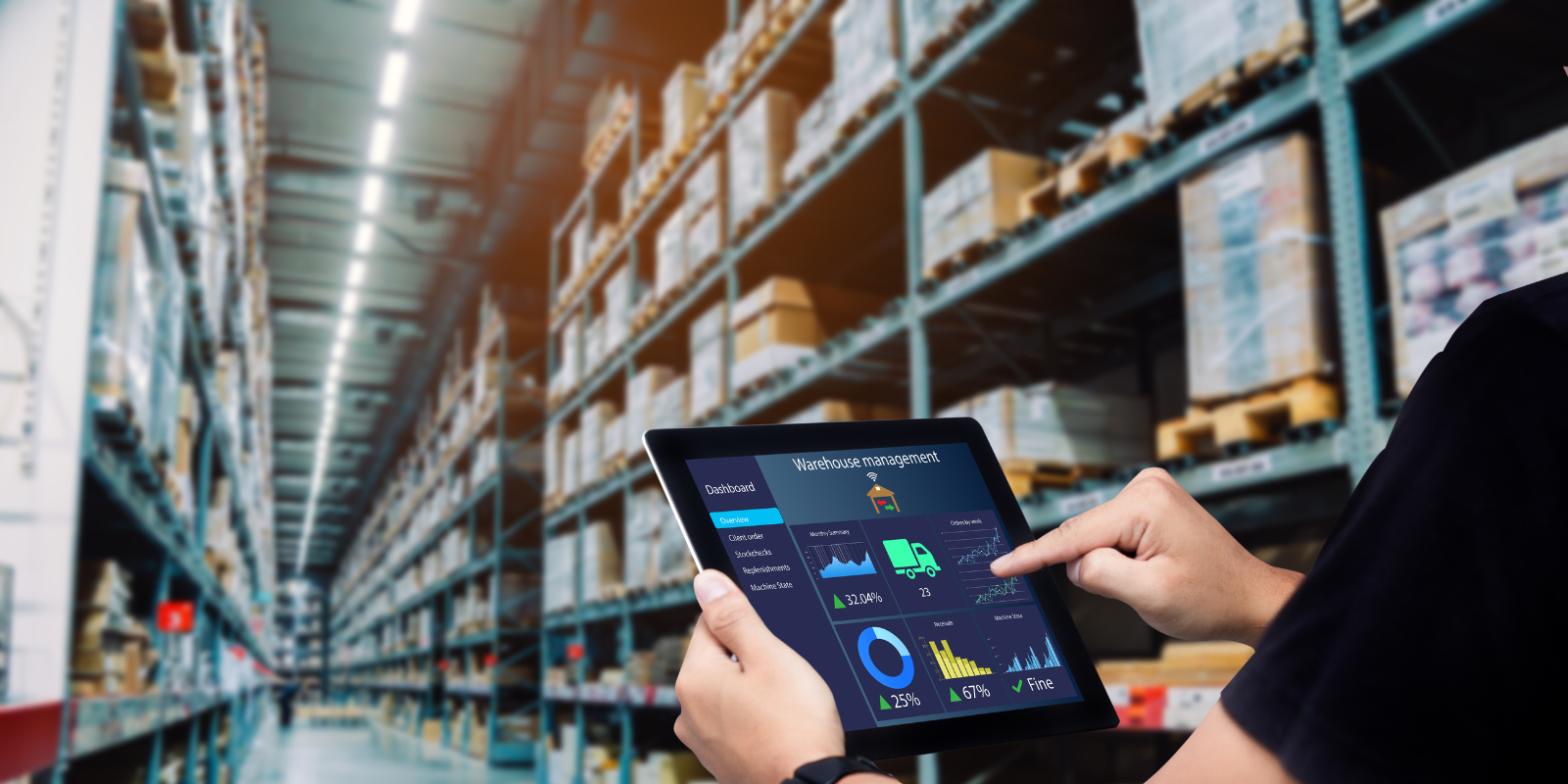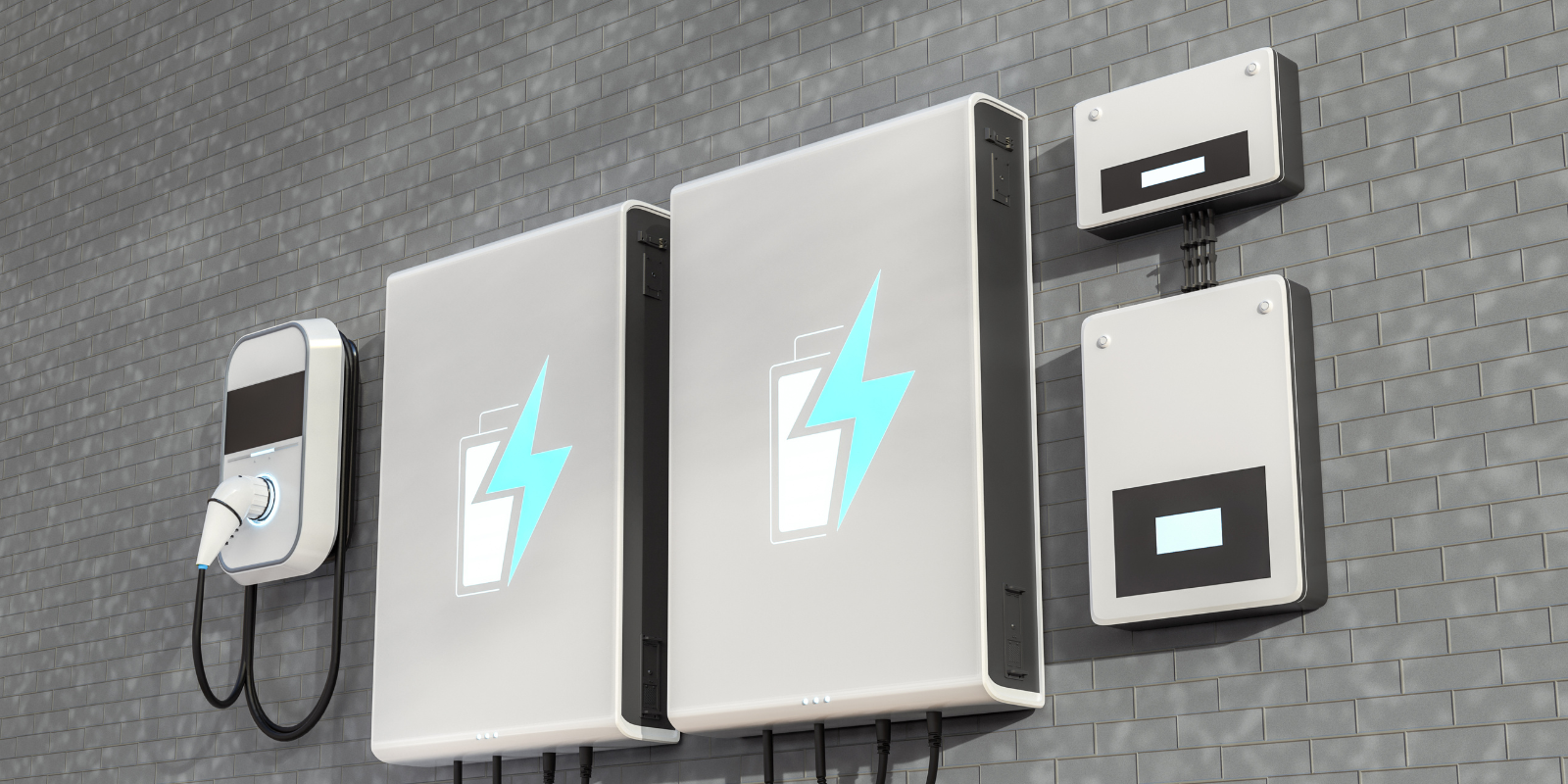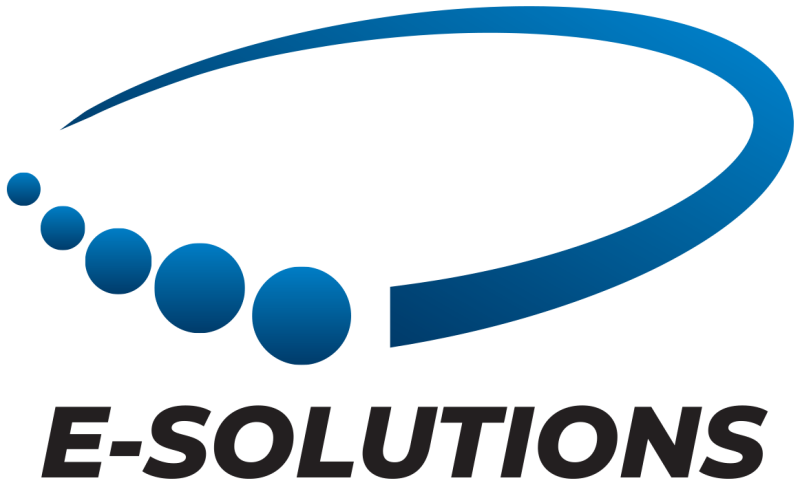The hospitality industry thrives on delivering exceptional guest experiences. Whether it’s a luxury hotel chain, a boutique resort, or a global travel agency, businesses in this sector rely on accurate and timely data to understand customer preferences, optimize operations, and stay competitive. With data flowing from booking systems, loyalty programs, social media platforms, and IoT-enabled smart rooms, managing it all effectively is a game-changer. That’s where robust data management steps in.
Hospitality businesses face a common challenge: fragmented data. Customer preferences, room availability, pricing details, and marketing insights often reside in separate silos. This lack of integration can lead to inefficiencies, missed opportunities for personalization, and subpar guest experiences. Imagine a returning guest not being offered their preferred room simply because the hotel staff couldn’t access past booking details—such gaps can erode loyalty in a highly competitive market.
A strong data management framework transforms how the industry operates. Consider the integration of booking data with customer profiles and real-time availability. Hotels can use this unified view to offer personalized packages, recommend dining options, or suggest room upgrades. Marriott International, for example, leverages data management to create tailored experiences for its loyalty members, enhancing satisfaction and boosting repeat bookings.
Data management also powers dynamic pricing, a critical strategy in hospitality. By analyzing factors like demand, seasonality, and competitor pricing, businesses can adjust rates in real-time to maximize occupancy and revenue. Platforms like Airbnb use data-driven algorithms to recommend optimal pricing strategies to their hosts, ensuring they remain competitive.
Operational efficiency is another area where data management shines. From predictive maintenance of HVAC systems to optimizing staffing levels during peak seasons, clean and actionable data enables smarter decision-making. Resorts and hotels can analyze usage patterns from IoT devices to reduce energy consumption, aligning with sustainability goals while cutting costs.
However, the journey to effective data management isn’t without hurdles. The hospitality industry handles vast amounts of sensitive customer information, making data privacy and security paramount. Compliance with regulations like GDPR and CCPA is non-negotiable, and businesses must invest in robust governance practices to safeguard trust.
Despite these challenges, the benefits of data management are transformative. By consolidating, securing, and leveraging their data, hospitality businesses can elevate guest experiences, streamline operations, and stay ahead of market trends. In an industry where customer satisfaction is everything, data management is the key to unlocking excellence.






